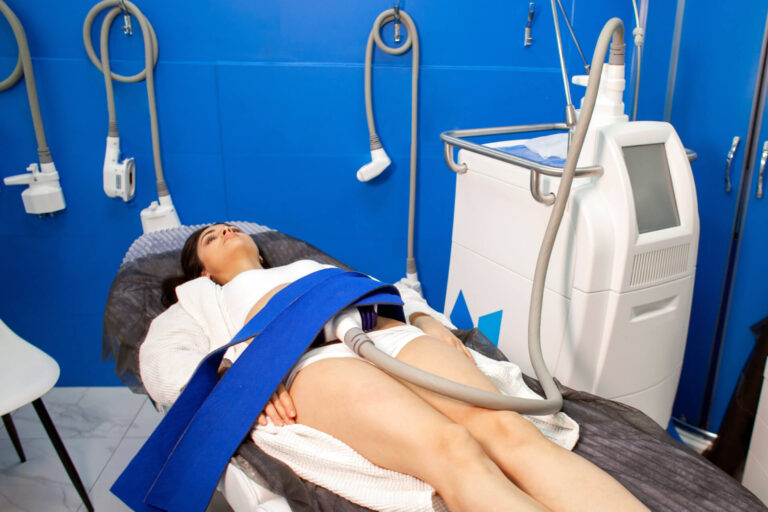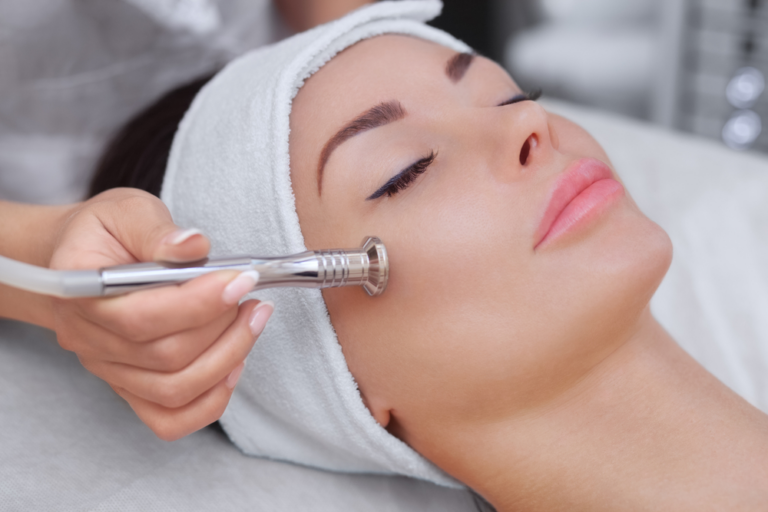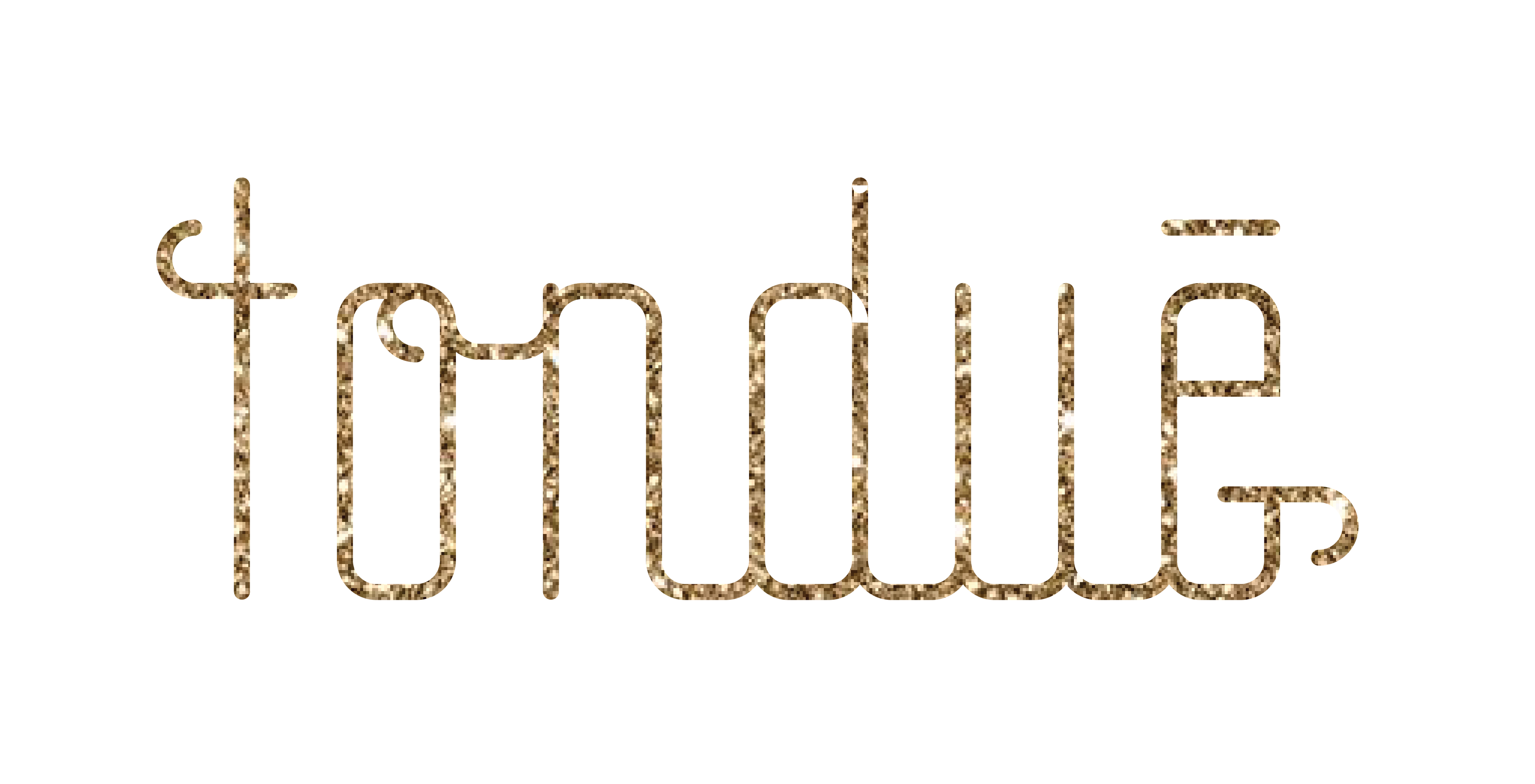In the realm of cosmetic enhancements, Botox has emerged as a versatile solution for more than just smoothing out wrinkles. While it’s widely known for its cosmetic applications, an intriguing aspect of Botox lies in its therapeutic potential, specifically in migraine treatment. At Tondue Med Spa in Bay City, MI, we’re committed to providing our clients with the latest and most effective treatments. Let’s explore the medical benefits of Botox, shedding light on its unexpected role in alleviating migraines and enhancing overall well-being.
What Is Botox?
Botox, short for botulinum toxin, is a neurotoxin produced by the bacterium Clostridium botulinum. Although its association with cosmetic treatments is well-established, it has found applications in various medical treatments. When administered in small doses, Botox acts as a neuromodulator, inhibiting the release of acetylcholine, a neurotransmitter responsible for muscle contractions. This mechanism makes it effective in temporarily paralyzing or relaxing muscles, relieving aesthetic and medical concerns.
How Does Botox Work for Migraines?
Botox works for migraines by blocking the release of certain chemicals in transmitting pain. When injected into specific areas, typically around the head and neck, Botox interferes with the signals that would usually trigger a migraine.
It does this by inhibiting the release of neurotransmitters, which are chemical messengers that nerves use to communicate with each other. This prevention of neurotransmitter release effectively “turns off” the pain networks in the brain that are thought to be involved in migraine headaches. As a result, patients often experience a reduction in the frequency and severity of their migraine attacks.
How Long Does Botox Treatment for Migraines Last?
The duration of effectiveness of Botox treatment in managing migraines can vary among individuals. Typically, the relief provided by Botox for migraines lasts about 10 to 12 weeks. Patients usually schedule their treatments at these intervals. However, some may experience comfort for a longer or shorter period.
The initial effects of Botox may not be immediate; it can take several weeks to notice a reduction in the frequency and severity of migraine episodes. Additionally, the effectiveness of Botox can improve over time with repeated treatments, leading to extended periods of relief for some patients.
How Often Should You Receive Botox for Migraines?
Botox treatment for chronic migraines is typically administered once every 12 weeks. This schedule is based on clinical guidelines and how the drug works in the body. During each session, multiple injections are given around the head and neck to prevent migraine headaches. Patients need to follow the treatment schedule we recommended, as individual needs can vary based on the severity and frequency of their migraines and their response to the treatment.
It’s also worth noting that it may take several treatment cycles to see a significant reduction in migraine frequency and severity. Therefore, patients are usually advised to monitor their symptoms and maintain regular appointments to assess the effectiveness of the treatment and make any necessary adjustments. Regular follow-ups with us are crucial for ensuring the optimal outcome and adjusting the treatment plan.
What Are the Other Medical Benefits of Botox?
Muscle Spasms and Disorders
Botox is effective in treating certain muscle disorders. It is used for conditions like cervical dystonia, a painful condition where the neck muscles contract involuntarily, causing the head to twist or turn into an uncomfortable position.
Hyperhidrosis (Excessive Sweating)
Excessive sweating, also known as hyperhidrosis, can be a frustrating condition to deal with, mainly when it affects the underarms. Fortunately, Botox can relieve by temporarily blocking the chemical signals from the nerves that activate the sweat glands.
Overactive Bladder
Botox is particularly effective in alleviating symptoms such as a strong urge to urinate accompanied by leaking or wetting accidents, an intense need to urinate immediately, and frequent urination. With its ability to relax the muscles in the bladder, Botox is a reliable solution for those who suffer from these symptoms.
Eye Disorders
Botox is used for certain eye disorders, like blepharospasm (eyelid spasms) and strabismus (crossed eyes). It works by relaxing the muscles involved, thus reducing the associated symptoms.
Bruxism (Teeth Grinding)
If you experience pain and discomfort due to bruxism, or teeth grinding, Botox injections may be a viable option for relief. Botox has been found to effectively alleviate the symptoms of bruxism and improve the quality of life for those who suffer from it.
Who Makes a Good Candidate for Botox?
The ideal candidate for Botox is someone seeking relief from chronic migraines or desiring a non-invasive cosmetic enhancement. If you experience frequent migraines that significantly impact your daily life, Botox treatment may offer a viable solution. Additionally, individuals bothered by the appearance of fine lines and wrinkles and looking for a quick and effective solution may also find Botox a suitable option.
It’s essential to consult with us to determine your eligibility for Botox based on your medical history and specific concerns. As with any medical treatment, individual suitability should be assessed to ensure the safety and efficacy of the treatment.
Get Relief From Chronic Migraines With Our Botox Treatments in Bay City, MI
The surprising medical benefits of Botox extend far beyond its cosmetic applications, with migraine relief standing out as a particularly noteworthy development. At Tondue Med Spa in Bay City, MI, we are committed to providing our clients with cutting-edge treatments that enhance their aesthetic appearance and overall well-being. If you’re curious about how Botox can benefit you or if you suffer from chronic migraines, we invite you to explore the possibilities. For more information on our treatments and to schedule a consultation with us, reach out online or call us at (989) 598-8001.




